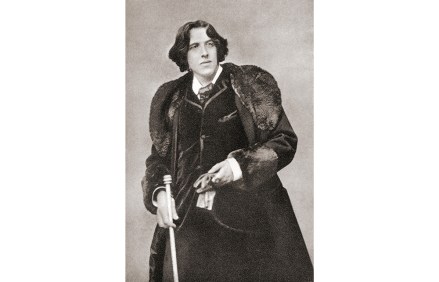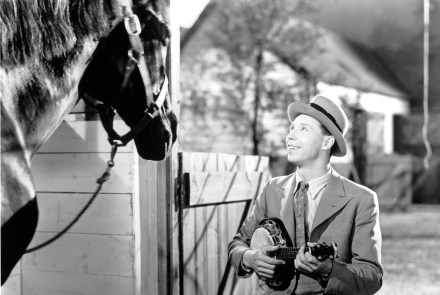The curious influence of Oscar Wilde on Hollywood
The Importance of Being Earnest was NBC’s first coast-to-coast broadcast of a play in 1929. It was ideal for radio, partly because Oscar Wilde’s crisp dialogue obviated any need of facial expressions or gestures. Epigrammatic speech, as Noël Coward found, was a signifier of modernity in the 1920s. Beyond that, as Kate Hext shows, the America of Calvin Coolidge and Herbert Hoover had a sinewy and hardy sympathy for the Anglo-French fin-de-siècle literary mode of the 1890s known as Decadence. Wilde’s philosophy of life was an antidote to corporate America, Wall Street and meddlesome neighbours For too long, Hext argues, historians have focused on the American Dream as a mercenary



